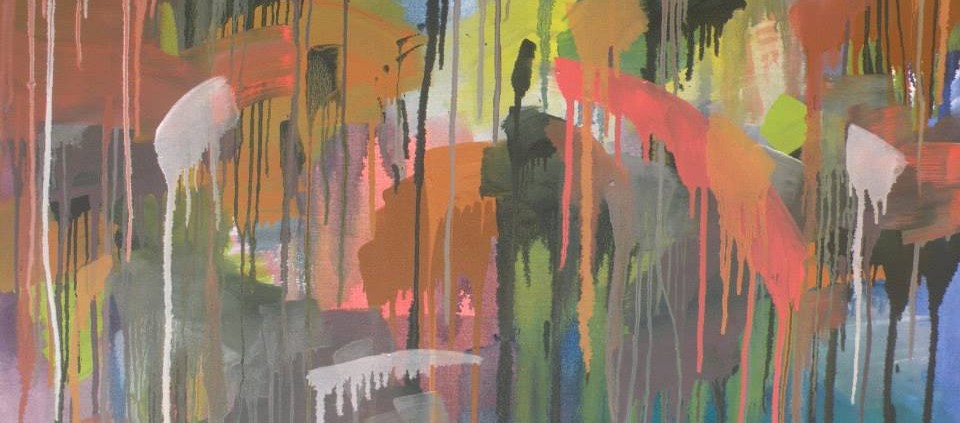Good Work Takes Time
More and more, our society indulges in instant gratification and constant interconnectedness. In some ways, this is quite good. It allows exchange of ideas without barriers, flexible scheduling, and incredible access to information, among other things. One thing I keep coming back to in my journey for creative fulfillment, however, is this: good work takes time.
I used to have a pretty decent understanding of this idea. When I was most serious about cello in high school, I knew that I wasn’t going to make progress without daily effort. That doesn’t mean I actually put in the effort consistently, which is part of the reason my cello playing fizzled out a bit in my early 20s. In art classes, I was happy to go slowly, to be careful with my eye, to revisit incongruities. Even if progress on a specific piece went quickly, I knew that improvement over the long run required patience and persistence.
In the last several years, this idea of dedicating time and effort to something meaningful has become more foreign to me. In the world of consulting, there is generally not time to take things slow, to evaluate and reconsider. Time is money, and more specifically, billable time is money. In large part, the work I’ve done in the past few years has not required any major cognitive leaps or breakthroughs. It seems that in the era of email on your smartphone, people are looking for a quick response rather than a thoughtful one. Of course, the ideal is to deliver both, but for involved and creative problems, it’s just not possible.
Getting back into art and music has reminded me of this consciousness and slowness necessary to dig into something big. The work demands a clean and solid foundation, a place to allow ideas to expand and follow tangents and be nurtured. Had I stuck with some of my recent work longer, or developed more of a passion for it, I could imagine getting to a similar place of focus with that. The break-neck pace and incremental demands, however, made this quite difficult.
For now I am reveling in the slow progress that comes with creative practice. I’ve been doing daily vocal training, drawing exercises, and stream of consciousness writing. None of these skills can improve instantaneously, and none of them will be spurred forward by being able to look something up on a smartphone. But I can already feel myself making progress, chipping away at some big things that I want to have meaning in my life. My brain is adjusting to a slower pace and rewiring itself to tackle different kinds of problems than it has in the past few years. It’s a transition that will take time, but it feels good. Patience, young grasshopper.




There’s another kind of time too. The long cumulative time (on a life scale) of gathering impressions, comparing experiences, reflecting on similarities and differences, experimenting with creative ideas. This takes time. It’s the reason getting old has virtue!
Funny, the youtube ad on this page was for a smartphone 🙂
Hi Max,
I had a big moment of resonance when I read this: “It seems that in the era of email on your smartphone, people are looking for a quick response rather than a thoughtful one. Of course, the ideal is to deliver both, but for involved and creative problems, it’s just not possible.” I too have struggled with striking this balance of quality and efficiency. One extreme is my perfectionism, and another my desire to please and please promptly. I then cave in, thinking I’m being pulled two different ways. The solution has been, as you’ve thoughtfully described, to see my effort as part of a life-long, iterative process, which I’d say it most certainly is. I do my best given the constraints, take note of any mistakes and move on. The struggle has been developing the instinct to tell when your best is your best given those constraints. Also an iterative process.
Anyway, I really enjoyed your post. Persistence is key. It reminded me of a line from one of my favorite poems by Robert Service, The Men Who Don’t Fit In:
And each forgets, as he strips and runs
With a brilliant, fitful pace,
It’s the steady, quiet, plodding ones
Who win in the lifelong race.